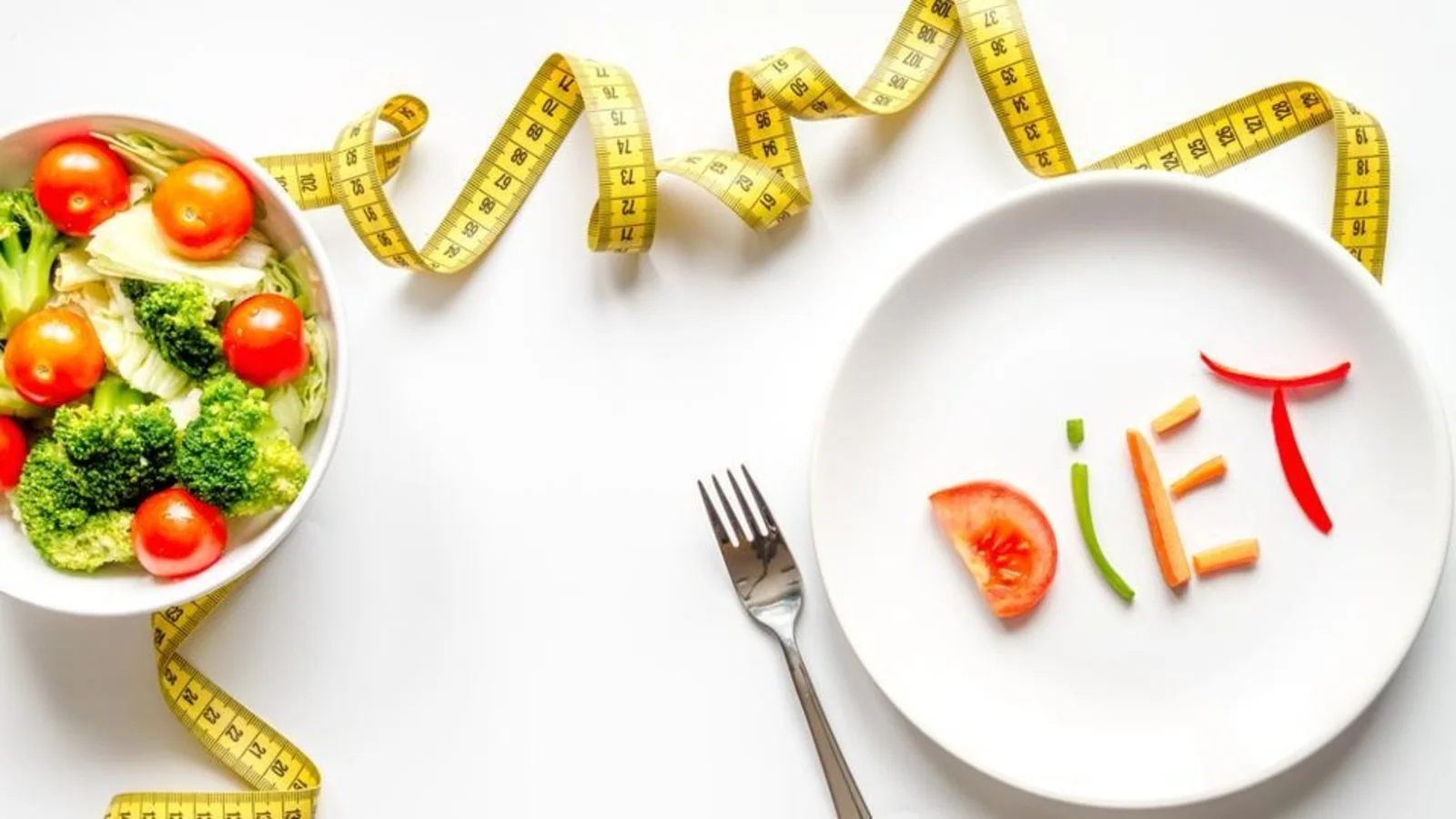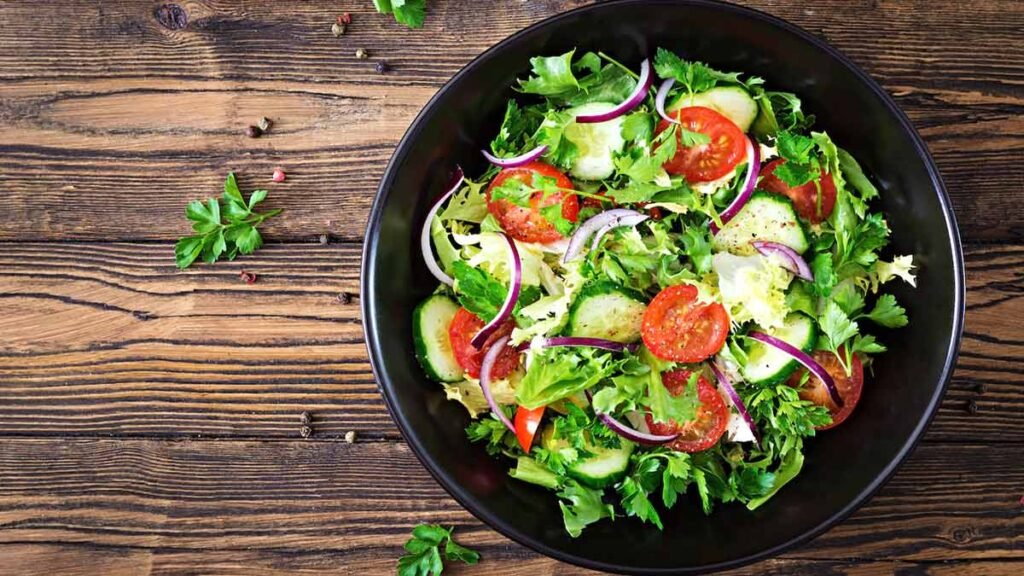Myths & Facts About Popular Diets: Keto, Intermittent Fasting & Paleo


In the age of wellness trends and viral fitness challenges, diets like keto, intermittent fasting, and paleo have taken center stage. Scroll through social media or talk to anyone at the gym or yoga, and you’re bound to hear claims like “intermittent fasting is the secret to longevity”, or “keto melts fat overnight”. But how much of this is actually true? With so much buzz- and so many conflicting opinions- it’s easy to get confused or misled. These diets do offer benefits for many people, but they’re also surrounded by a fair share of myths, half-truths, and marketing hype.
In this post, we’ll break down the most common myths and surprising facts about keto, intermittent fasting, and paleo diets- so you can make informed choices based on science, not just trends.
1. The Keto Diet
What is it: A very low-carb, high-fat diet that puts your body into a state of ketosis, where it burns fat for fuel instead of carbs.
- Myth: You can eat as much bacon and butter as you want.
Keto isn’t a free-for-all fat fest. Quality matters. Healthy fats (like avocado, nuts, and olive oil) should make up the majority of your intake- not processed meats or loads of saturated fat.
- Myth: You’ll be in ketosis just by cutting carbs.
Getting into ketosis is more complex. It often requires strict carb limits (usually under 50g per day), protein moderation, and sometimes even testing ketone levels.
- Fact: Keto can lead to rapid weight loss- at first.
The body sheds water weight early on due to reduced carbs, and ketosis may increase fat burning.
2. Intermittent Fasting (IF)
What is it: An eating pattern that cycles between periods of eating and fasting. Popular methods include 16:8 (16 hours fasting, 8 hours eating) and 5:2 (eating normally 5 days, restricting calories for 2 days).
- Myth: It’s all about when you eat, not what you eat.
You can still gain weight or harm your health if you binge on junk food during your eating windows. Nutrient quality still matters.
- Myth: Fasting slows down your metabolism.
Short-term fasting doesn’t necessarily cause metabolism slowdown- and may even boost metabolism for brief periods. Extended fasting without proper care, however, can be harmful.
- Fact: Intermittent fasting help with weight loss and insulin sensitivity.
Some studies show intermittent fasting can aid weight loss and help manage blood sugar, especially when paired with a healthy diet.
3. The Paleo Diet
What is it: Inspired by how humans ate during the Paleolithic era- lots of whole foods, vegetables, fruits, lean meats, seeds, and nuts. No grains, dairy, or processed foods.
- Myth: Grains and legumes are unhealthy.
Unless you have allergies or sensitivities, whole grains and legumes are nutrient-rich and beneficial for most people.
- Myth: It’s based on how cavemen actually ate.
The truth is, there’s no single “caveman” diet. What people ate varied by region and season. Plus, today’s produce and meat are far different from ancient varieties.
- Fact: Paleo encourages eating fewer processed foods.
Cutting out refined sugars and ultra-processed snacks is a healthy habit- paleo gets this right.
So, Which One Works Best?
There’s no “one-size-fits-all” when it comes to dieting. Each of these methods can offer benefits if done properly and sustainably:
- Keto may work well for those with insulin resistance or specific neurological conditions.
- Intermittent Fasting can promote mindful eating and calorie control.
- Paleo emphasizes clean eating and can help reduce processed food intake.
But they also come with risks if misapplied or followed too rigidly. The best “diet” is one that supports your health goals, fits your lifestyle, and is sustainable long term.

Conclusion
Keto, Intermittent Fasting, and Paleo aren’t just passing fads- they’ve helped many people improve their health and reach their goals. But like any popular trend, they’re surrounded by misconceptions that can lead to confusion or even harm if misunderstood. The truth? No single diet works for everyone. What matters most is understanding the why behind these approaches, separating science from hype, and choosing a plan that supports your body, lifestyle, and long-term health.




Filipino online casinos are really stepping up their game! Seeing platforms like boss jl prioritize easy registration & quick verification is great – security and convenience. Lots of slot options too, sounds fun! 👍
order amoxicillin online cheap – https://combamoxi.com/ where can i buy amoxicillin
fluconazole online order – this diflucan medication
buy cenforce online – https://cenforcers.com/# cenforce 50mg pill
order cialis soft tabs – https://ciltadgn.com/# cheap cialis online overnight shipping
tadalafil 20mg canada – https://strongtadafl.com/ cialis online with no prescription
cialis viagra levitra for sale – cheap 100mg viagra how to order viagra in australia
The thoroughness in this piece is noteworthy. para que sirve la propecia
The thoroughness in this draft is noteworthy. can you take advil with prednisone
More posts like this would persuade the online play more useful. https://ursxdol.com/azithromycin-pill-online/
Thanks on sharing. It’s outstrip quality. https://prohnrg.com/product/omeprazole-20-mg/
This is the kind of literature I rightly appreciate. https://aranitidine.com/fr/clenbuterol/
More articles like this would frame the blogosphere richer. https://ondactone.com/product/domperidone/
More delight pieces like this would create the интернет better.
https://proisotrepl.com/product/methotrexate/
This is the amicable of glad I have reading. https://lzdsxxb.com/home.php?mod=space&uid=5065823
hgh injections side effects
References:
wehrle
deca and dianabol cycle
References:
valley.md
was ist hgh bodybuilding
References:
hgh wirkungseintritt bodybuilding
cheap forxiga – https://janozin.com/ dapagliflozin 10 mg usa
illegal testosterone booster
References:
Winsol side effects [cutenite.com]
sustanon steroids side effects
References:
popular anabolic steroids (https://git.bayview.top/codyjasso6133)
purchase xenical without prescription – https://asacostat.com/# orlistat over the counter
With thanks. Loads of expertise! http://shiftdelete.10tl.net/member.php?action=profile&uid=205562